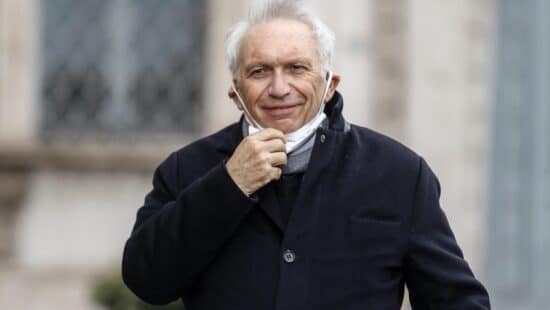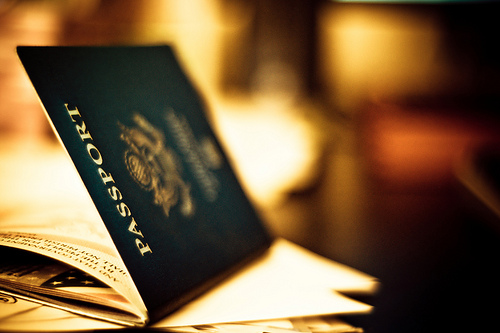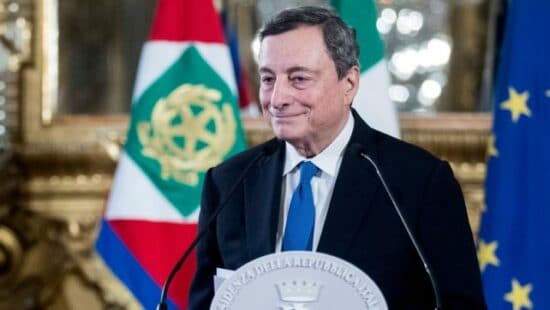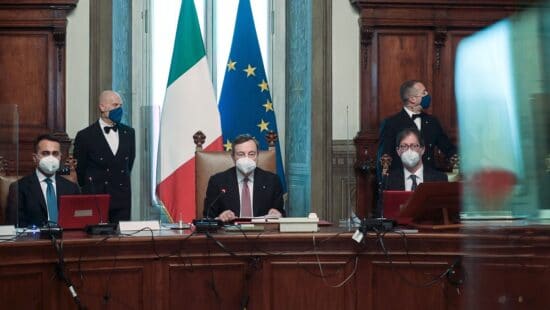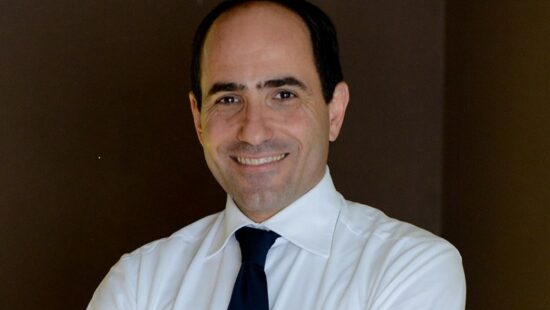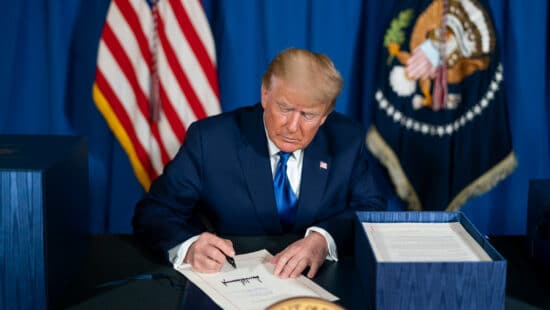Storie, aneddoti, cursus honorum. Chi è il nuovo ministro dell’Istruzione Patrizio Bianchi. Dagli scranni del Consiglio Comunale al vertice dell’ateneo estense. Il legame con Draghi parte da lontano. Era il 1976
Archivi
Dagli Usa al Vaticano cadono barriere non solo ideologiche. L'analisi di Cristiano
“Crepe nel muro” è il titolo con cui si apre l’edizione dell’Osservatore Romano di oggi. E sembra un programma per rifondarsi contro quei muri eretti contro l’altro, che sia migrante, ma anche vicino di casa. Il grande contributo dei cattolici alla crisi italiana e agli estremismi sta nel sinodo, che proprio questi giorni si dimostra urgente per tutti. L’analisi di Riccardo Cristiano
Cosa unisce Usa, Cina e Russia? La morte della politica estera europea
Un editoriale di “Politico” sul funerale della politica estera Ue in occasione dell’incontro Borrell-Lavrov apre il dibattito sul ruolo dei singoli Stati membri. Intanto, però, Mosca e Pechino ne approfittano
Ilva? Migliorare ma non chiudere. La transizione difficile
Sessanta giorni per chiudere area a caldo dello stabilimento Arcelor Mittal secondo la sentenza del Tar di Lecce. Appena insediato il governo Draghi si troverà a gestire il primo grande problema di politica industriale del Paese. Ecco tutti i nodi da sciogliere nell’analisi di Federico Pirro, Università di Bari
Geopolitica del passaporto. I vantaggi di un documento "debole" secondo Pellicciari
La classifica dei migliori e peggiori passaporti conta poco nell’anno in cui viaggiare è praticamente impossibile. Ma Igor Pellicciari, professore all’Università di Urbino e alla Luiss, racconta un lato inedito del potere del passaporto: avere una cittadinanza “debole” permette di fare investimenti a condizioni vantaggiose
La politica estera economica è la sfida del governo e degli anni Venti. Scrive il prof. Farese
Ripristinare la fiducia dei mercati e ristabilire la reputazione del Paese nel mondo – come avvenne con forza e lungimiranza dopo la Seconda guerra mondiale – sono due facce della stessa medaglia. Sono obiettivi che il nome di Mario Draghi consente di centrare quasi all’istante. L’analisi di Giovanni Farese, professore di Storia dell’Economia all’Università Europea di Roma e Marshall Memorial Fellow del German Marshall Fund of the United States
Un governo c’è, ma mancano i partiti. La riflessione di D'Ambrosio
Il metodo democratico non è un optional: è fatto di tesseramento reale, sedi a ogni livello, dibattito, congressi votazioni ed elezioni interne, strumenti di controllo politico ed etico, gruppi di elaborazione politica, centri studi, capacità di stare nell’opposizione interna e costruire, senza uscire per fondare l’ennesimo partitino. Ci mancano partiti di questo tipo. La riflessione di Rocco D’Ambrosio, presbitero della diocesi di Bari, ordinario di Filosofia Politica nella facoltà di Filosofia della Pontificia Università Gregoriana di Roma
Meglio direttore generale che deputato, ma la politica serve perché... Intervista a Di Caterina
Conversazione con Marcello Di Caterina, dalla sua esperienza parlamentare a direttore generale di Alis, una delle associazioni più importanti nel mondo del trasporto e della logistica. Possibilità per i giovani, parità di genere e sfumature personali
L'assoluzione di Trump nella freddezza degli americani. Il punto di Gramaglia
Il sostegno dei repubblicani al loro presidente viene scalfito, ma ci sono più voti del necessario per garantire la sua assoluzione – la condanna richiede una maggioranza dei due terzi -. Finisce con 57 “colpevole” e 43 “non colpevole”. Trump può progettare un suo “come back” nel 2024 e mantiene un’ipoteca sul partito repubblicano. Il punto di Giampiero Gramaglia
Le domande che restano aperte dopo l'assoluzione di Trump
Quanta influenza avrà ancora Trump sul Partito repubblicano? Inoltre, il processo di impeachment offre un dettagliato resoconto dell’assalto a Capitol Hill ma non risponde a una domanda: com’è potuto accadere?




